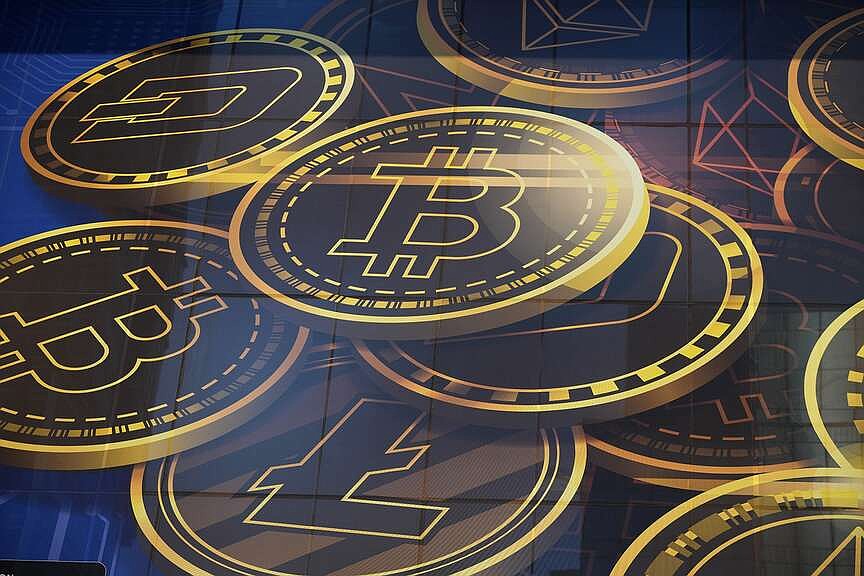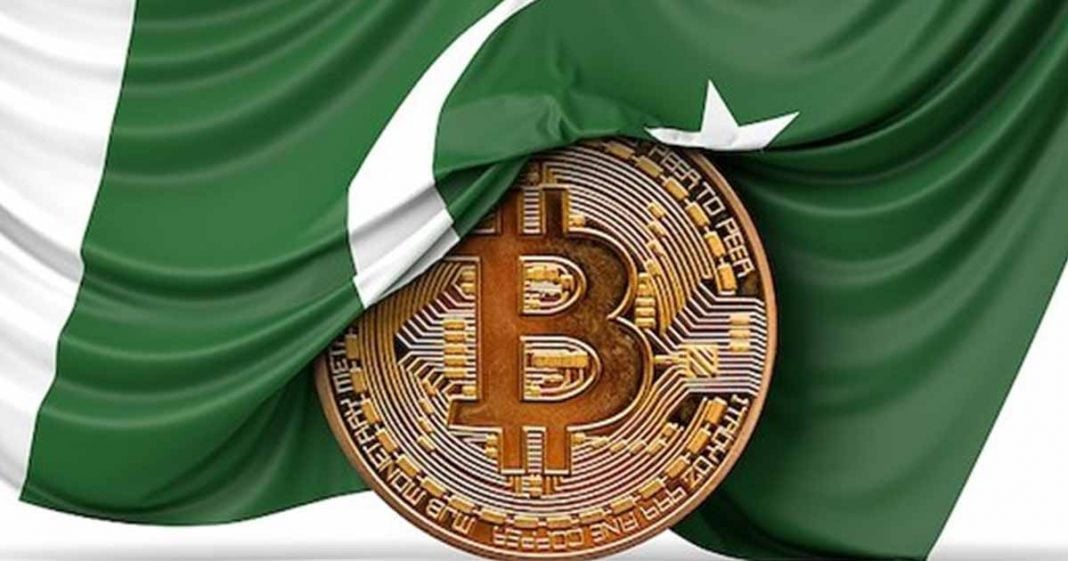Bitcoin’s Kimchi Premium surged in South Korea, reaching its highest level since March 2009 amid the country’s deepening political crisis and economic uncertainty.
This premium, which refers to the price difference between Bitcoin on South Korean exchanges such as Upbit and global exchanges like Coinbase, increased this week to a range of 3 to 5%, according to data from blockchain analysis company CryptoQuant. A similar trend was observed in the premium of stablecoin Tether, reflecting the increased demand for digital assets.
Kimchi Premium is a term that captures the price gap between cryptocurrencies traded on South Korean exchanges and those traded on global platforms. This appears when the demand for Bitcoin and other cryptocurrencies in South Korea exceeds the available supply on domestic exchanges. This phenomenon is due to factors such as local market isolation, strict capital controls and high retailer interest. Historically, the Kimchi premium has risen during periods of heightened uncertainty, whether in financial markets or the broader economy.
Capital controls in South Korea make it difficult for investors to arbitrage differences between domestic and international markets. This allows the premium to persist because traders cannot easily buy Bitcoin at lower prices elsewhere and sell it at higher prices in South Korea.
South Korea is currently experiencing significant political instability, which has shaken financial markets and contributed to economic challenges. On December 3, President Yoon Suk Yeol declared martial law, a controversial measure that was rescinded on December 4 following widespread backlash. The National Assembly responded by impeaching Yoon on December 14, temporarily transferring presidential powers to Prime Minister Han Duck-soo.
The political situation worsened further when, on December 27, Han was also indicted by Parliament, marking the first time in South Korea’s history that an interim president has faced such action. The impeachment votes were prompted by opposition to Han’s decision not to appoint three new judges to the Constitutional Court, leaving the court with only six members to decide whether to impeach Yoon. Finance Minister Choi Sang-mok now assumes the role of acting president.
These events have amplified uncertainty in South Korea, with the South Korean won losing 0.35% against the US dollar this week. Since the declaration of martial law on December 3, the KRW has reportedly fallen by 5% against the US dollar. Economic challenges, including falling birth rates and slowing growth, have exacerbated the situation, pushing investors toward alternative assets.
The rise in Kimchi Premium reflects increased demand for Bitcoin and other cryptocurrencies among South Korean investors. Ki Young Ju, CEO of CryptoQuant told Bloomberg that political unrest, inflation fears and economic instability have led to a flight of wealth from South Korea. Investors are increasingly converting won-denominated assets into alternatives such as U.S. stocks, Bitcoin, gold and dollars. Many South Korean crypto investors prefer exchanges over traditional banking systems, which has contributed to the rise in Bitcoin and Tether premiums.
South Korea is recognized as one of the most active retail markets for cryptocurrencies. Crypto trading volumes on local exchanges often exceed those of stock exchanges. Additionally, South Korean regulations prohibit corporate accounts on domestic crypto exchanges, making the business largely retail-focused.
Premium Kimchi is not a new phenomenon. This has been observed in previous market cycles, especially when local factors such as economic uncertainty, geopolitical tensions or regulatory changes drive demand for cryptocurrencies. For example, during Bitcoin’s rally in late 2017, the Kimchi premium soared as much as 50%, highlighting the unique dynamics of South Korea’s crypto market.
Featured image via Pixabay










